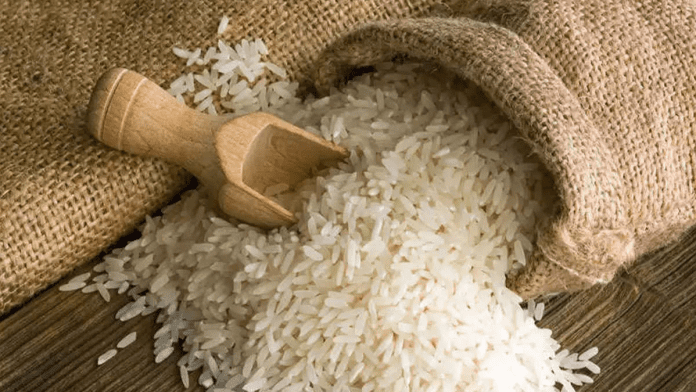News in brief: India will allow the export of non-basmati white rice trapped at seaports, provided export levies were paid by July 20, on or before the initial ban. This decision aims to mitigate global market disruptions and benefit both Indian suppliers and consumers in developing countries, especially in East and West Africa.
India has allowed the export of non-basmati white rice that had been trapped in seaports after that countryâs ban on the product in July 2023.
According to a statement released by the Directorate General of Foreign Trade, and obtained by news outlets, the government gave the permission on the condition that export levies had been paid on the cargo on or before July 20, when the initial ban became effective.
The government had banned exportation of non-basmati white rice in order to keep local prices under control. However, it caused major ripples in the global market, owing largely to Indiaâs position as the largest exporter of rice in the world.
Analysts expressed worries that Indian’s ban could lead to a major food crisis, especially in the wake of Russiaâs non-compliance with the Black Sea Grain deal.
The ban had take some traders by surprise, leaving them with cargoes worth millions stuck at seaports. Non-basmati white rice accounts for 25% of Indiaâs rice exports.
The latest government directive is expected to relieve many exporters who faced the possibility of heavy losses due to the ban. It could also serve the interests of Indian suppliers as well as consumers in developing countries.
The president of Indiaâs Rice Exporters Federation, Prem Garg, lauded the government for the move, saying it would help to mitigate financial losses as there are over 150,000 tons of the product trapped in several Indian ports. He also revealed that most of the cargo are headed for consumers in the neediest places like East and West African nations.



